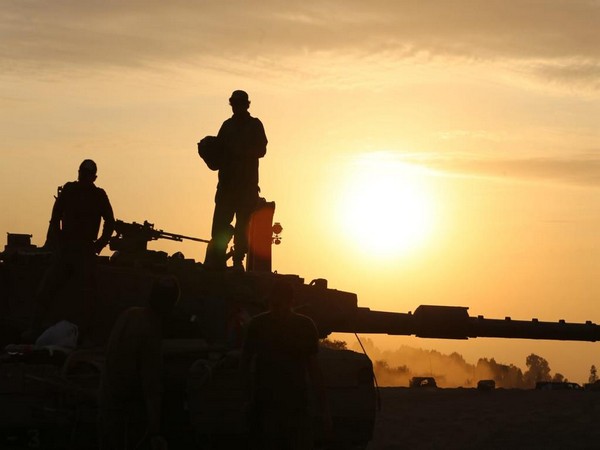The World Court on Friday directed Israel to take preventive measures against acts of genocide on Palestinians and bolster civilian protection. However, it fell short of ordering a ceasefire, as requested by South Africa.
The ruling, though not a binding order to halt the Gaza war, is a legal setback for Israel, which aimed to dismiss the case under the genocide convention established post-World War II. The International Court of Justice (ICJ) has found a case to be heard regarding potential denial of Palestinian rights in a conflict causing severe humanitarian harm.
The court also urged the release of hostages captured in October attacks on Israel, which triggered the conflict. While the ruling did not fulfill Palestinian hopes for a binding ceasefire, it affirmed that there is a legal basis to address the impact on Palestinian rights.
Israeli Prime Minister Benjamin Netanyahu welcomed the ICJ’s decision against ordering a ceasefire but rejected the claim of genocide as “outrageous,” emphasizing Israel’s commitment to self-defense.
Israel had sought to have the case dismissed when South Africa brought it to the ICJ, accusing Israel of state-led genocide in response to Hamas militants’ actions. The ICJ judges ordered Israel to prevent its troops from committing genocide, punish acts of incitement, and improve the humanitarian situation, with a requirement to report progress in a month.
The ruling did not decide the merits of the genocide allegations, and while it cannot be appealed, the ICJ lacks a mechanism to enforce decisions.
In response to the decision, the Palestinian Foreign Ministry called it a welcome reminder that “no state is above the law.” Senior Hamas official Sami Abu Zuhri expressed that it would contribute to “isolating the occupation and exposing its crimes in Gaza.”
On the ground, the heaviest fighting in weeks is taking place in crowded areas of Gaza. Palestinian officials claim over 26,000 casualties and massive displacement due to intense bombardment in the three-month campaign. In Israel, the ICJ’s call for the release of captives was noted positively.
Despite the ruling not delivering a ceasefire, the international community, including the European Union, emphasized that Israel must implement the ICJ decision immediately and in full.
The United States noted that the ruling did not make a finding about genocide, aligning with the view that Israel has the right to act in self-defense in accordance with international law. Talks on a possible temporary pause in fighting are underway, with hopes for progress in releasing hostages and providing aid to Gaza.
(With Inputs from agencies)














